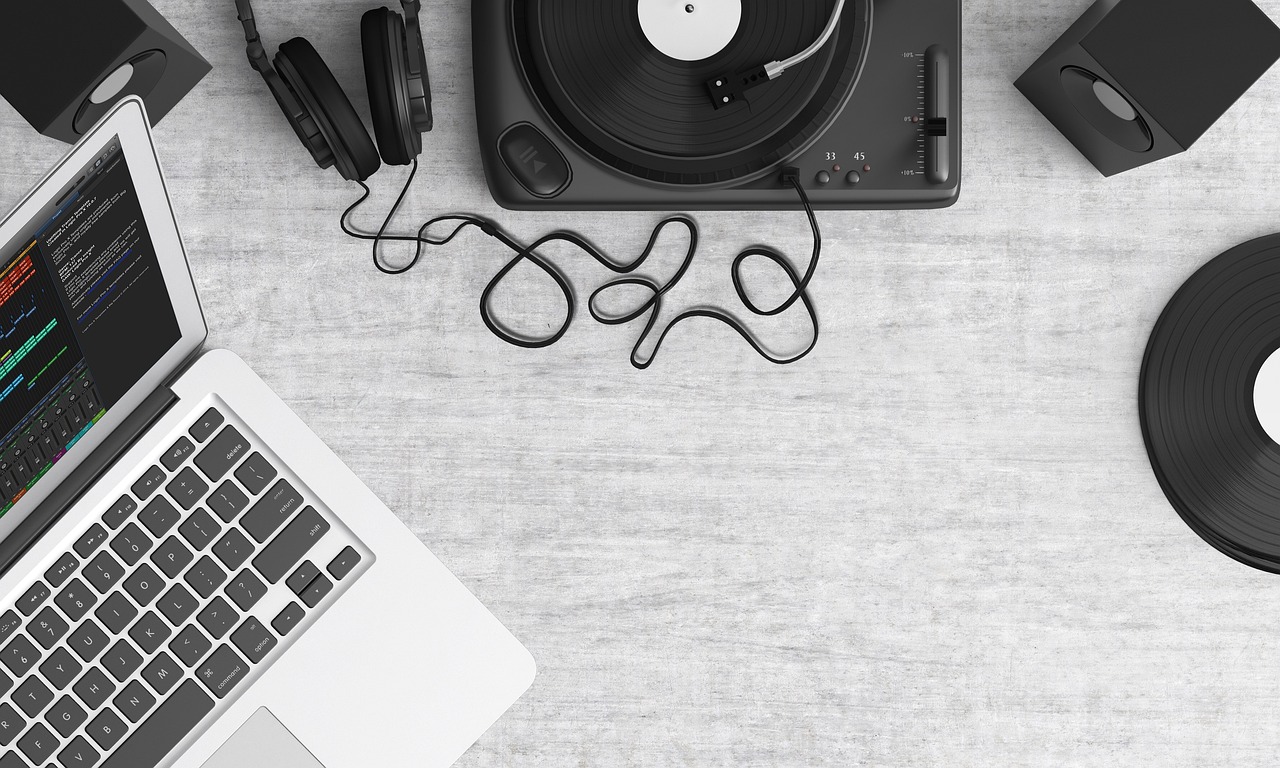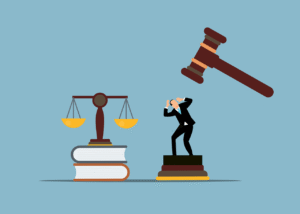Can I Record A Conversation in NY?
In the age of smartphones and readily available technology, capturing audio has become effortless. However, the ease of recording a phone call or an in-person discussion does not negate the complex web of state and federal laws that govern the practice. Violating wiretapping statutes can lead to severe penalties, including potential criminal prosecution and substantial civil lawsuits. Furthermore, a recording, even if obtained legally, might still be rejected as evidence in court. For New Yorkers asking, “Can you record a conversation in NY?” – understanding the legal landscape is vital.
New York State Law: One-Party Consent
New York operates under the one-party consent rule. This is a critical distinction that determines the legality of most recordings.
Essentially, if you are participating in the conversation—whether it’s a telephone call or an in-person meeting—you have the legal authority to record it, even if the other parties are unaware or haven’t explicitly consented. The moment you capture an audio conversation in which you are not a participant, you are breaking the law.
Unlawfully recording a private communication in New York is classified as a Class E felony, which carries significant punishment, including a maximum of four years in state prison and a fine of up to $5,000.
Federal Law
Federal law largely mirrors New York’s stance on consent, adhering to the same one-party standard. You are legally permitted to record a private communication so long as you are one of the participants.
A breach of federal wiretapping statutes is a serious offense, potentially resulting in up to five years in federal prison and criminal fines reaching $250,000 for an individual. Beyond criminal charges, offenders also face civil repercussions, which can include compensatory damages, payment of the plaintiff’s attorney’s fees, and punitive damages.
Interstate Telephone Conversations
The complexity of recording law multiplies when a phone conversation involves individuals located in different states. Because some jurisdictions operate under two-party (or all-party) consent rules, determining which state’s law applies becomes a difficult legal question when laws clash.
When faced with conflicting laws, a court will weigh the facts of the case to decide which law governs. In situations where multiple states are involved, the court often defaults to applying federal law, which, as stated above, is the one-party consent standard.
When is a Recorded Conversation Admissible as Evidence?
A recording’s legality is the first hurdle: any conversation obtained illegally under wiretapping laws is automatically inadmissible in a New York courtroom. Learn more about the New York State Law regarding phone recordings.
The next significant obstacle for a legally recorded conversation is the Hearsay Rule. Hearsay generally blocks out-of-court statements from being used in court to prove the truth of an assertion made in the statement. For example, a legally recorded conversation in which one person says, “I stole the missing money,” would typically be inadmissible as proof that they stole the money.
Nevertheless, many crucial exceptions to the Hearsay Rule exist under both New York state and federal evidence rules. These exceptions—such as a statement being a party admission, a declaration against interest, or used for impeachment—may allow a recording into evidence. Crucially, the legality of the recording strengthens the argument for it to be admitted under one of these exceptions.
The rules surrounding audio recording and its potential use in litigation are nuanced and complex. Omni Law P.C. is here to help, Schedule a consultation.

